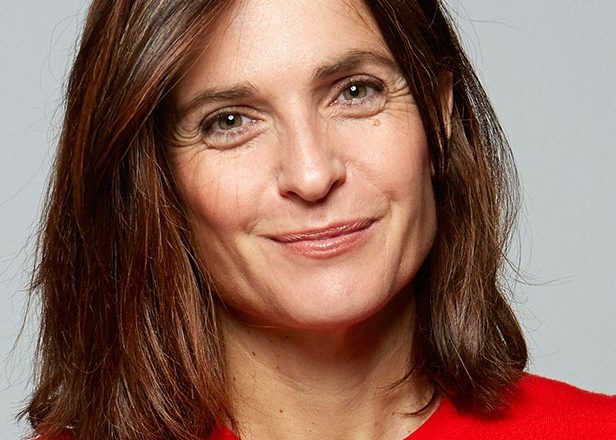2019 Relational Trends
Hopscotch: At Hopscotch, we talk about relational capital. What is this about?
Laurence M.: Nowadays, it is believed that the value of a company no longer resides solely in its material assets (production tools, land or real estate assets). Its value stems above all from its intangible assets, including relational capital.
Relational capital is the sum of the relationships that the company establishes with all of its stakeholders, namely: its employees, its customers, its suppliers, influencers, investors, public authorities, etc. A company that is successful is a company that takes care of its relations with all its audiences; it has a positive impact on the internal and external reputation, the loyalty of the audiences, the company’s ability to work with its consumers or its ecosystem… In the event of a crisis, it provides the most powerful protection so it can get back on its feet.
Hopscotch: You mentioned several relational trends for 2019. Which do you think are the most striking?
Laurence M. : I very much like the theory of 5 flows developed by Duc Ha Duong, which defines the relationship between a company/organisation and its audiences through flows of material, trust, emotion and learning. This makes it possible to see in concrete terms what a company or a brand can offer its customers on a daily basis. Otherwise, we are bound to be sensitive to a change of mentality that puts a stop to experts of all kinds, and we start to organise ourselves and come up with collective intelligence processes to find solutions to problems or complex environments together. This is what we implemented with Str!ke, our Collective Intelligence Lab, to work with our clients, and we have had very positive results.
Hopscotch: Advice to boost your relationship capital in 2019?
Laurence M.: I’ll give you three tips instead:
First of all, become aware of it. Companies often sleep on a treasure and don’t even realise it: habit creates a strong relationship, as does the anchoring of a brand in a moment during the day; the personal knowledge of all its employees by a boss, too; the person in a call centre who really finds you a solution instead of following a process, as well … studying and knowing the components of this relationship is a start.
A large number of companies believe that the only people to take care of are the influencers and journalists: but, all their audiences can be extraordinary contributors; the spectrum of PR is getting wider day by day, to take in associations, local residents and communities that are involved in the everyday life of the company or the brand.
Creating unprecedented opportunities for discussions and meetings: in this sense, the crossroads that are the Usine Extraordinaire and the Semaine du Goût allow people to get to know what’s underneath the reality that they never see (the catering professions or today’s industrial and digital life). The sectors immediately see a return on their investment.
